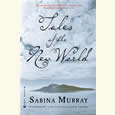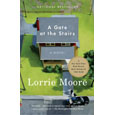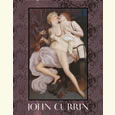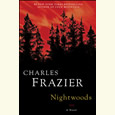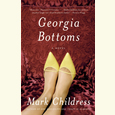Ecstasy and Perversion
February 1, 2012 In her new collection, Tales of the New World, Sabina Murray imagines the minds and hearts of a broad variety of legendary explorers and adventurers, investigating the complex and problematic nature of the urge “to go where no man has gone before.” In prose that is at once fearlessly blunt and stylishly ethereal, Murray recreates the triumphs and tragedies of a cast ranging from Ferdinand Magellan to cult leader Jim Jones. Murray will read from and discuss her work on February 6 at 7 p.m. in the Hodges Library auditorium of the University of Tennessee’s Knoxville campus. The event is free and open to the public.
